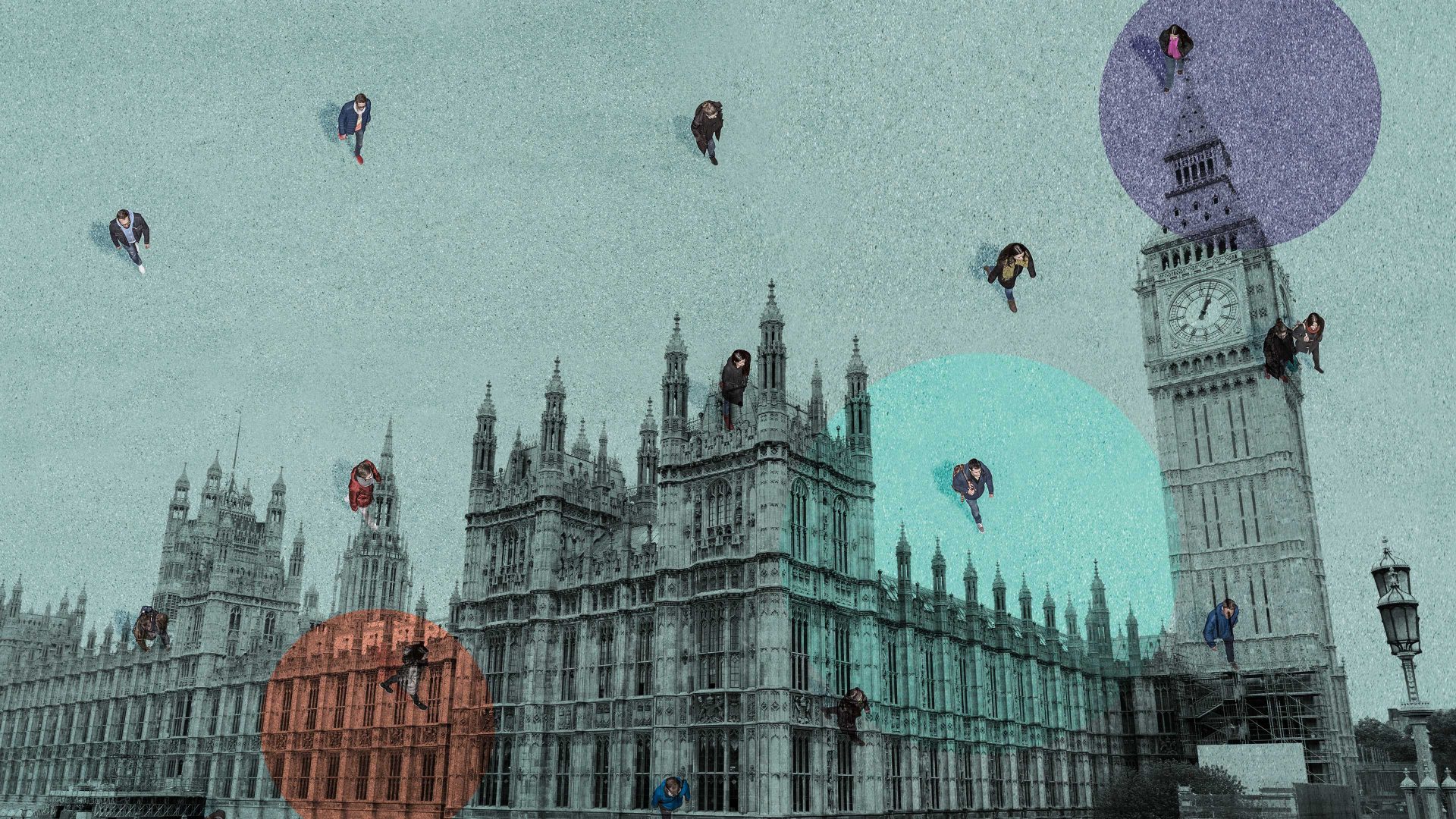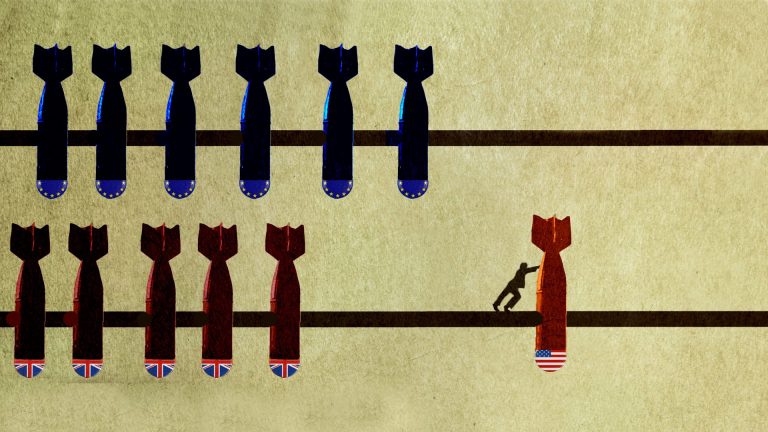“Food shortages, mouldy apartments, a lack of medical workers… and millions sliding into poverty.” In a recent article, Der Spiegel, the German news magazine, described a country in deep decline. “And now,” it concluded, “it seems as though it has dialled 999 and is waiting in vain for the paramedics to show up.”
It should be compulsory reading for all our parliamentarians because, far from some third world outpost, the country being described is the UK. From the crumbling and dangerous underpinnings of the Palace of Westminster to the boarded-up buildings in Blackpool, from the dire waiting lists for medical appointments to the empty shelves in supermarkets, the article pictures a desperately broken Britain.
It could be condemned as one-sided and certainly makes little attempt at balance, save for pointing out that Germany too has food banks. However, the article notes, the UK has almost 3,000 of them, “more than three times the number found in the much larger country of Germany.”
Leo Docherty, the under-secretary of state for foreign and Commonwealth and development affairs, probably had not had time to read the article before he ventured into Westminster Hall on April 24. Even if he had, it would not have stopped him assuring his audience that “the economic future of the UK is one of terrific dynamism and confidence.”
They were unconvinced. For the unfortunate Docherty had been sent to bat for the Government in the debate calling for a public inquiry on the effects of Brexit. No one will be surprised that the government does not see the need for any such inquiry. And while one must admire the tenacity with which members of the European Movement pursued a petition demanding such an inquiry, succeeding in winning the necessary support to guarantee a debate in Parliament, the end result was depressingly predictable.
A succession of MPs regaled the chamber with stories from their constituencies that matched Der Spiegel’s description. There were tales of crops not being harvested, hotels being forced to close, under-staffed hospital wards and the near wipe-out of the Menai mussel industry. New restrictions have ended a thriving trade in the export of mussels to Belgium, said Hywel Williams of Plaid Cymru.
These were, undoubtedly, the effects of Brexit and the call for a public inquiry is based on the view that the government is still not owning up to the truth of what a disaster it has been for the country. Certainly Leo Docherty was not about to do so, his only concession being a masterly piece of under-statement: “There have been choppy waters in recent times.”
No doubt Jacob Rees-Mogg, had he bothered to turn up at the debate, would still have been saying, as he did in December 2021, that, “We should have the Brexit prayer and perhaps even the Brexit song… because it has been a triumph for this nation in reasserting is freedom.” The only Conservative backbencher who did put in an appearance at the debate was Adam Holloway, who was singing from the Mogg song sheet. “The most important benefit of Brexit has been realised,” he trilled. “Our sovereignty has been repatriated.”
Other speakers were still trying to find the benefits of that repatriated sovereignty. Holloway made a vain attempt to argue that new freedoms for the financial sector would bring huge rewards, but there are plenty of people who worry that relaxing capital requirements, as is planned, could be a dangerous move. In any event, the change seems unlikely to benefit Mr Holloway’s constituents in Gravesham. He argued that they voted for Brexit because: “In my constituency, EU membership has brought social problems, pressures on housing in the social and private sectors, enormous stress on public services and a sense of disenfranchisement.”
The only certainty is that, years after Brexit, those voters are not seeing improvements on any of those areas. A public inquiry might tell them that but not for years and, anyhow, they already know that the promised nirvana has not materialised. “The public know when they are being gas-lighted,” said Labour’s Stella Creasy, an apposite metaphor for the fictions about Brexit benefits that ministers continue to spout.
She pointed out that, as of November, there were fourteen open public statutory inquiries covering everything from the Grenfell fire to the Edinburgh tram system. They cost many millions and take several years. But the UK needs quick fixes.
Some should be easy to accomplish: re-entry into the Horizon project would bring a quick boost to vital scientific research in the UK. Yet even though, in the wake of the Windsor Framework, the EU is prepared to see the UK rejoin, and even to waive the fees for the two years that the country has been outside the project, the Government is haggling for a further discount. Such behaviour could quickly sour relations that seemed to be thawing.
And that could jeopardise the biggest, and indeed the only, really quick fix for the economy. Improved education and skills and infrastructure are all long-term projects. It is only a return to the Single Market – or something very close to it – that would begin to resemble the emergency economic ambulance that, as Der Spiegel pointed out, Britain so desperately needs.










